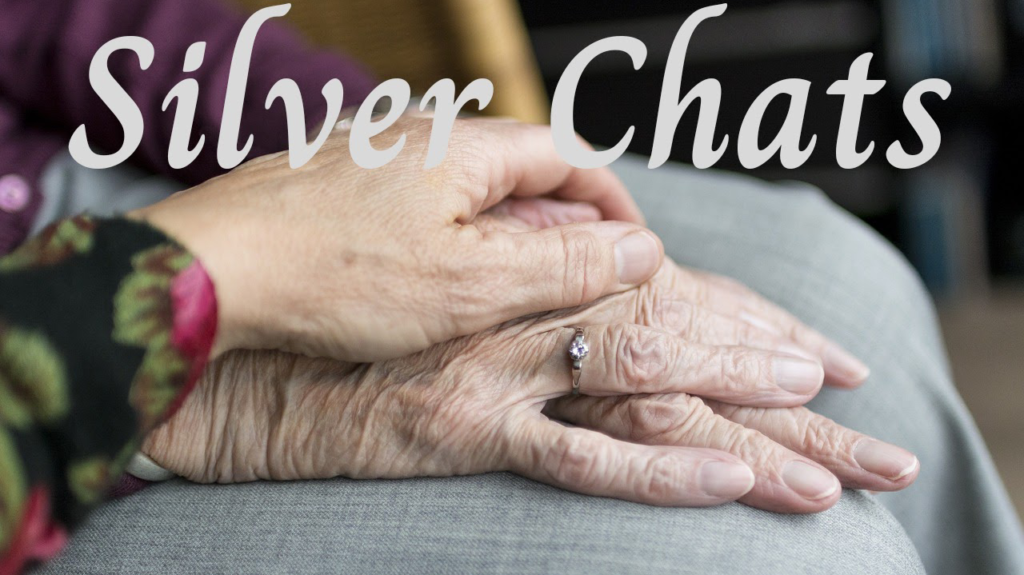A topic of great concern as we age is our cognitive decline. What we hear about most is dementia and Alzheimer’s disease because of their prevalence. But what happens to our brains as we age? As with other physical changes, our brains shrink, especially in the frontal cortex. What is the function of the frontal cortex? It’s part of the brain that affects our motor skills, judgment, abstract thinking, creativity, social appropriateness, emotions, personality, self-control, muscle control and movements, memory storage, and attention. That is an overwhelming list of brain-declining functions we may experience as we age.
After 60, nearly everyone will experience a decline in their cognitive skills. I’m noticing subtle changes in my train of thought, forgetting where I place things and stumbling over words during conversations. What are cognitive skills? They are the parts of our brain used to think, pay attention, multitask, process information and memory. What exactly will we experience as our cognitive ability declines? Many changes will be subtle, and not all will come to fruition. Some common signs are:
1 -Memory loss -Forgetting events, repeating yourself, or needing more reminders
2 -Planning and problem-solving. Difficulty paying bills or cooking familiar recipes.
3 -Completing tasks -Trouble driving, using a cell phone, or shopping
4 -Time and place confusion -Difficulty understanding events that are happening later or losing track of dates
5 -Following conversations -Difficulty keeping up with conversations or losing your train of thought
6 -Making decisions -Feeling overwhelmed by making decisions or planning steps to accomplish a task
7 -Find your way around -Difficulty finding your way around places you know well
8 -Word-finding -Having more trouble than most coming up with words than people of the same age
9 -Impulsiveness -Becoming more impulsive or showing increasingly poor judgment.
Now, we know what brain functions may be affected by aging and how they may present themselves. But can we do anything to mitigate this process? The good news is yes. According to the National Institute on Aging, small lifestyle changes can improve and slow our declining brain function:
- Physical activity: Be physically active every day. Physically active people are more likely to keep their minds sharp. It also increases blood flow to the brain and can help keep the mind sharp.
- Mental activity: Stay mentally active and engage in activities that challenge brain power
- Social interaction: Meet up with friends, join a club, or spend time with family. Spending time with others can help reduce stress and depression.
- Healthy diet: Research suggests that a healthy diet may help prevent or delay dementia symptoms
- Sleep: Get at least 8 hours of sleep per night. Sleep gives our brains time to recharge and our bodies time to reset. Not getting enough sleep has been linked to memory loss.
- Organization: You are more apt to forget things if your home is cluttered or your paperwork is in disarray. Staying organized can help reduce the likelihood of forgetting.
Other healthy ways to help reduce cognitive decline include quitting smoking, maintaining a healthy blood pressure level, managing chronic health conditions, and keeping a healthy weight. https://www.nia.nih.gov/health/brain-health/cognitive-health-and-older-adults
What specific activities can we do daily to improve our brain power? Writing newspaper articles, book reviews, and this weekly blog has helped improve my brain. Here are a few proven ways to increase our brain function:
- Playing pickleball, which is a cross between badminton, ping-pong, and tennis
- Playing strategy games with friends, such as Mahjong
- Using mnemonic devices, such as acronyms or sentences, to help remember lists
- Read a book, join a book club, engage in library activities, and volunteer to read stories to children.
- Crossword puzzle research shows working on them can improve cognitive reserves and slow down memory decline.
- Art therapy and scientific research show that our brains love arts and crafts. These can include painting, music, dance, knitting, sewing, and photography.
- Cooking is a therapy used to treat Alzheimer’s patients. It connects with our memory centers and helps maintain our cognitive thinking.
- Yoga is an excellent activity for overall health and wellness. Senior yoga is available to everyone and is proven to slow long-term cognitive decline.
- Running and exercising gets you outdoors where nature provides the therapy and the physical exertion feeds our brains.
Growing older doesn’t have to mean physical and mental deterioration. Being aware of our bodies and minds and practicing holistic aging will help. Making simple changes in daily habits and staying mindful of our activities can greatly slow and improve our brain power.
Accepting the changes associated with aging is essential; mitigating those changes is our challenge. Information and education are our friends in discovering what changes are occurring and what we can do to stave off the processes.
